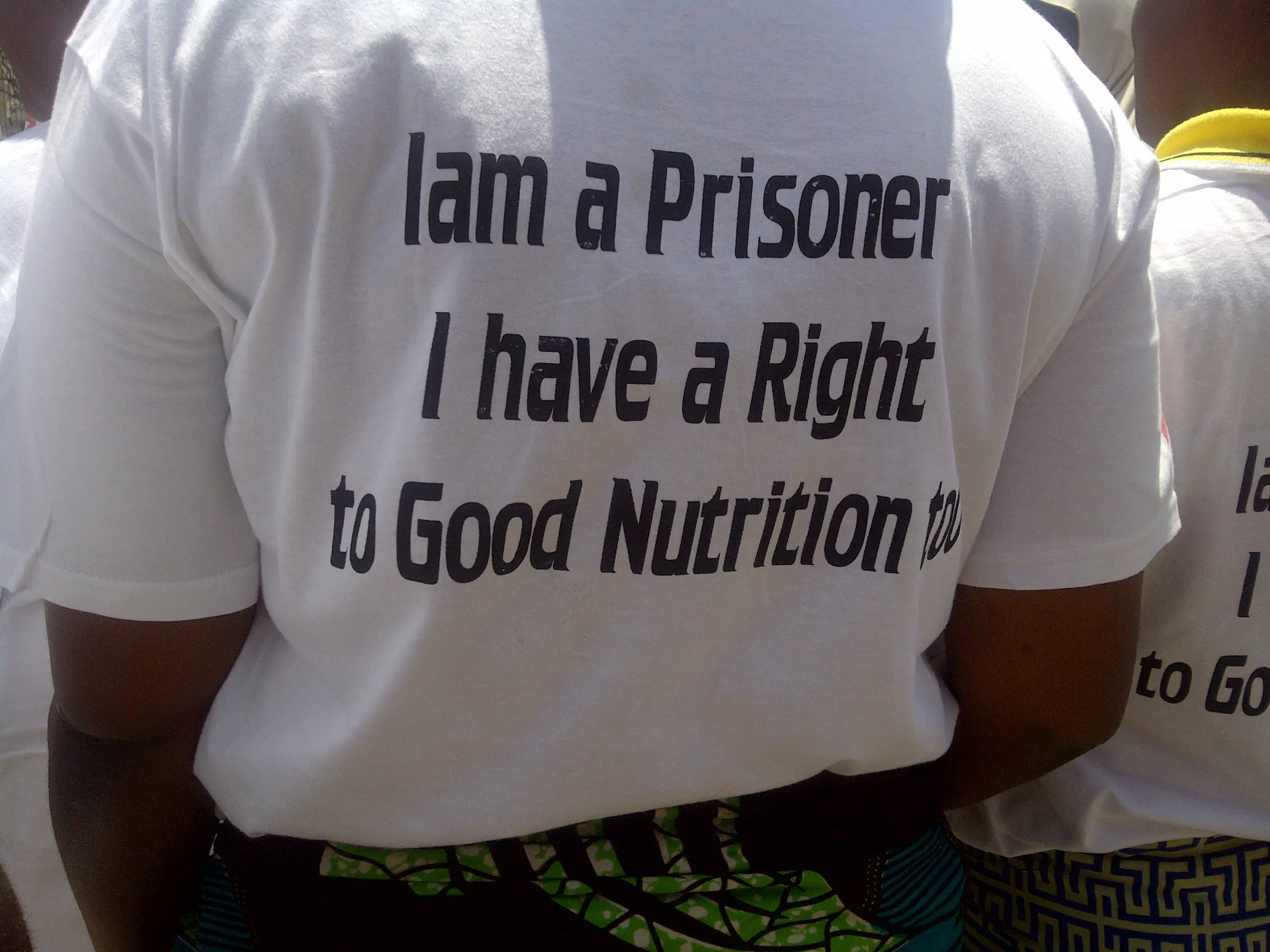
Annabel Raw
The Zambian Prison Service has recently concluded a multilateral agreement with a number of Southern African Development Community (SADC) member states to transfer foreign prisoners to their countries of nationality, in an effort to reduce overcrowding in Zambian prisons. What is the likely impact of this agreement on the distressing state of Zambia’s prison system?
According to 2014 research, Zambian prisons are desperately overcrowded with an occupancy level of about 279%. And trends indicate that the prison population is growing.
Physical conditions faced by inmates are shockingly inhumane. According to the petitioners’ evidence in a case brought in 2011, M and Another v Attorney General, even HIV-positive prisoners are only provided with two meals a day. These meals typically comprise minimal quantities of maize porridge and are frequently rotting and uncooked. The petitioners have pleaded with the courts to compel the government to address further issues of inadequate ventilation, poor sanitation and inconsistent medical supplies. They argue that these conditions threaten their rights to life and freedom from inhuman and degrading treatment, amongst others. While the petitioners are still waiting for a decision from the Court over a year since the trial’s conclusion, various human rights organisations continue to report on the horrendous conditions in Zambian prisons.
According to media reports, the multilateral agreement allows the Zambian Prisons Service to transfer prisoners who are nationals of a number of other SADC states to their home countries where they will serve the remainder of their sentences. Under a similar bilateral agreement, Zambia has been transferring prisoners to Malawi since 2009.
There are a number of humane benefits to prisoners serving their sentences in their home countries. For example, being closer to families and friends, inmates are more likely to be able to access support networks.
But the agreement will not make any significant dent on the overcrowding problem in Zambian prisons. Foreign prisoners are estimated to comprise a mere 2% of the total prison population.
Moreover, transferring foreign inmates in some cases may merely be moving them from the fire to the frying pan. Many recipient countries also face overcrowding concerns. Malawi prisons reported an occupancy level of about 174% in 2014 and Mozambique prisons were at about 200% in 2013. National media in Malawi have also reported in 2014 that 31 prison facilities had run out of essential medications. And despite a 2007 Constitutional Court decision in Masangano v Attorney General and Others declaring the conditions of Malawi prisons to amount to torture, negligible efforts have been made by the government to comply with the Court’s order to improve conditions.
While efforts to reduce overcrowding must be encouraged, the systemic problems that underlie overcrowding in Zambian prisoners go far deeper than this initiative addresses. Most of all, we must ensure that Zambian authorities are held to account in their human rights obligations towards all prisoners. The enforcement of the agreement should be monitored closely to guard against Zambian authorities merely transferring their obligations to jurisdictions in which prisoners’ rights are no more likely to be respected.



